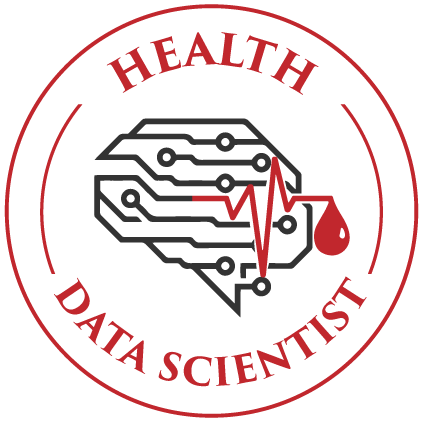“I realized a long time ago that a warrior in search of his dream must take his inspiration from what he actually does and not from what he imagines himself doing.”
Paulo Coelho, Brazilian novelist
It is just a week since the AIMed Global Summit concluded. The event was rescheduled from January due to the COVID-19 pandemic and was therefore long overdue. The energy level was very high and the long awaited meeting was filled with warm greetings, smiles and laughter, and a desire to regain momentum for AI in healthcare.
The week started with an in-person meeting of the Alliance of Centers of AI in Medicine (ACAIM). The meeting included an introduction of member institutions followed by a brief description of what each would like the alliance to focus on. Most of the discussion was centered on how member institutions can learn from each other and how to best leverage our collective wisdom to move the ACAIM agenda forward. An alliance white paper is in progress, with sections that range from data sharing to equity in delivery of healthcare to be delegated to the multidisciplinary leaders of these institutions. Most of the ACAIM leaders stayed the remainder of the week and actively participated in the AIMed Global Summit.
The next day started at Stanford Artificial Intelligence in Medicine and Imaging, or AIMI center for their annual AIMI Symposium. The program was attended by some of the ACAIM leaders and was sponsored by the Medical Intelligence and Innovation Institute (MI3). The program focused on some of the AI work being done at AIMI, including advancing scientific understanding of disease, improving the practice of clinical medicine, and orchestrating the delivery of health care.
The AIMed Global Summit 2022 opened that afternoon with the popular AI primer and update. This was a fast-paced 90 minute journey into the current state of the art of AI in clinical medicine for everyone, especially those who were attending for the first time. The discussion ranged from deep learning to neurosymbolic AI – as well as federated learning, extended reality, transformers, and robotic process automation.
The first day of the meeting began with a keynote session and included a patient story. This year, we heard about a father in Rome, Italy, who became passionate about data science and AI during his journey with the medical condition of his son. This was very touching and reminded all of us just how important the human is in the domain of AI in healthcare. This heartwarming interlude was followed by a brief reminder for all of us to focus on the word real (real time, real world, and real impact described in the prior newsletter). These introductory remarks were followed by a robust keynote session highlighted by a whirlwind tour of digital health and AI by Dr Daniel Kraft, a summary of current state of the art of AI in clinical medicine by Dr Curt Langlotz, and why AI in clinical medicine is so essential for our future by Dr Ami Bhatt.
The remainder of the day was filled with networking and an impressive lineup of workshops that ranged from clinical decision support and imaging to ethics and equity, as well as data sharing and education strategies. The abstract session, led by Dr Robert Hoyt, was well attended by delegates who flocked to support our presenters. The final keynote session summarized the brilliant first day with comments that focused on just how much progress has been made in the past few years in AI deployment, as well as how we still need to work on deployment.
The AI Champions Awards were given that evening to well deserving winners, but the nominees were all equally deserving given their contributions the past few years.
The next day opened with a keynote session that was a conversation between Dr John Halamka and myself. We discussed how there is a myriad of opportunities for all of us to capture the resources now available to fulfill the Quintuple Aim. The importance of a digital platform to organize data and the potential of AI tools to leverage this data are very promising.
The CEO panel with Nicole Thomas, David Lubarsky, Jayme Strauss, and Eric Eskioglu that followed was outstanding, with so many insights from the c-suite offering huge value to all the attendees. Inspired by these opening sessions, the second day continued with more workshops on a range of topics such as legal and regulation, operationalizing and scaling AI, and clinical workflow. The AIMed shark tank event had five excellent startups competing for the top prize, and was led by the seasoned entrepreneur Steve Ardire. The entire summit closed with a future-facing session on the future of AI in clinical medicine and healthcare. A panel of industry and academic clinical AI experts was convened for this session and did not disappoint. Many keen observations and predictions were made in the fast-paced one hour session that enlightened many who stayed for this farewell session.
This amazing week of AIMed was only made possible by the dedication of many, including the AIMed team, the CHOC MI3 team, and our loyal sponsors, faculty and attendees. The meeting was a satisfying reward for many months of extraordinarily hard work and utmost patience.
Walking out of the Westin St Francis, a sign states “We are never done.“ We are already looking forward to our next AIMed Global Summit 2023 scheduled for May of 2023 at the Anaheim Convention Center. Hope to see you many times before then!
Book your place at AIMed 2023 now.
The post Making it all real appeared first on AIMed.
Author:
